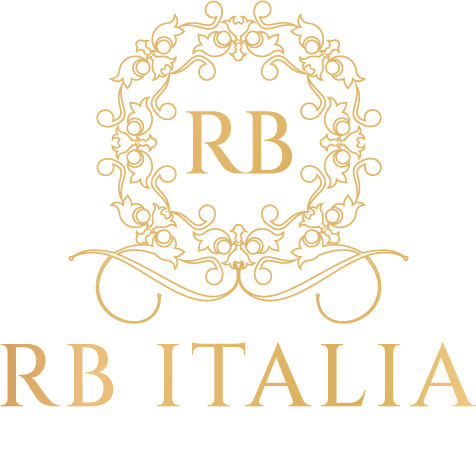12 Anti-Aging Techniques That Actually Work
In an age where the pursuit of youthful vitality is a common aspiration, understanding effective anti-aging techniques becomes paramount. Maintaining youthful skin isn’t merely cosmetic; it promotes overall health and well-being. This post explores 12 scientifically proven strategies that transcend promises, offering tangible results in the battle against aging. Anything from the fundamental importance of sun protection to the transformative power of retinoids and vitamin C. Beyond skincare products, lifestyle factors like diet, hydration, exercise, and sleep are emphasized for their profound impact on skin health and resilience.
Sun Protection

Photo Credit: Canva Pro
UV radiation from the sun is a primary cause of premature skin aging, leading to age spots, deep wrinkles, and loss of elasticity. Broad-spectrum protection should be applied daily, even on cloudy days, to protect the skin from harmful UV rays. Additionally, wearing protective clothing like wide-brimmed hats and sunglasses can reduce sun exposure and minimize damage.
Healthy Diet

Photo Credit: Canva Pro
A healthy and balanced diet rich in nutrients is essential for maintaining youthful skin. Fruits and vegetables provide antioxidants that help damage skin cells and accelerate aging. Whole grains contain vitamins and minerals that support skin health, while lean proteins provide amino acids necessary for collagen production, helping to keep skin firm and elastic.
Hydration
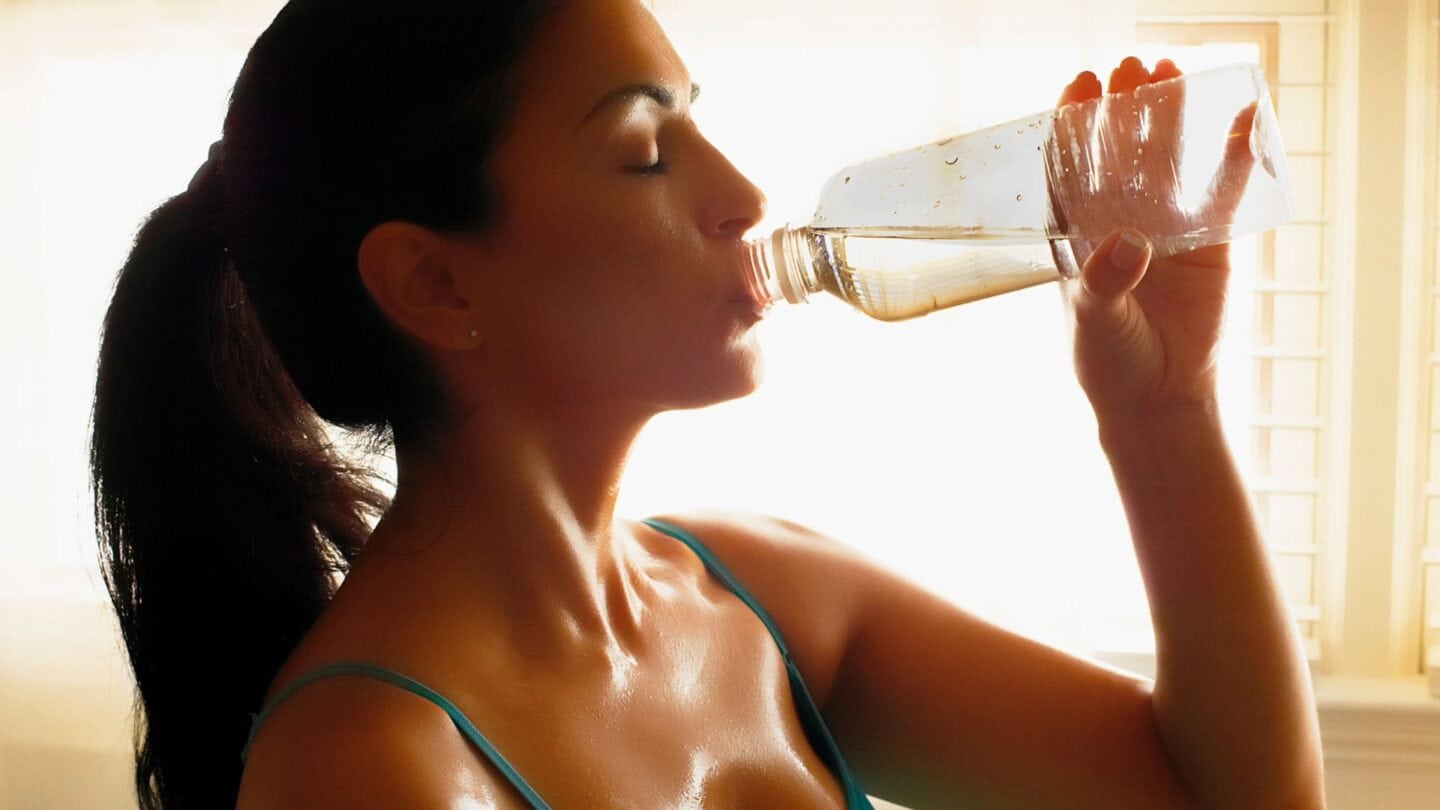
Photo Credit: Canva Pro
Adequate hydration helps to keep the skin moisturized, preventing dryness and promoting a plump, youthful appearance. Drinking enough water throughout the day supports the skin’s natural barrier function, which protects against environmental stressors and maintains optimal hydration levels.
Moisturize

Photo Credit: Canva Pro
Moisturizers play a crucial role in maintaining skin hydration by sealing in moisture and preventing water loss. Ceramides help strengthen the skin’s natural barrier, protecting against environmental stressors and maintaining moisture balance.
Sleep

Photo Credit: Canva Pro
Quality sleep is crucial for skin regeneration and repair. During sleep, the body produces collagen, repairs damaged cells, and balances hormone levels, all contributing to healthy, youthful-looking skin. Lack of sleep can increase a stress hormone (cortisol), breaking down collagen and accelerating skin aging.
Regular Exercise

Photo Credit: Canva Pro
Exercise promotes blood circulation, delivering oxygen and nutrients to skin cells and removing toxins and waste products. This increased blood flow nourishes the skin and helps maintain vitality and radiance. Exercise also reduces stress, which can help premature aging by triggering inflammation and oxidative stress.
Quit Smoking

Photo Credit: Canva Pro
Smoking accelerates skin aging by reducing blood flow to the skin, constricting blood vessels, and depriving it of oxygen and nutrients. The chemicals in tobacco smoke damage collagen, which leads to wrinkles, sagging, and a dull complexion. Quitting smoking can improve skin health and slow down the aging process.
Limit Alcohol Consumption

Photo Credit: Canva Pro
Alcohol can quickly dehydrate the skin and can contribute to inflammation, both of which can accelerate the aging process. Excessive alcohol consumption can also impair the body’s ability to regenerate skin cells and repair, leading to premature aging. Moderation is so crucial in alcohol intake to maintain youthful-looking skin.
Skincare Routine
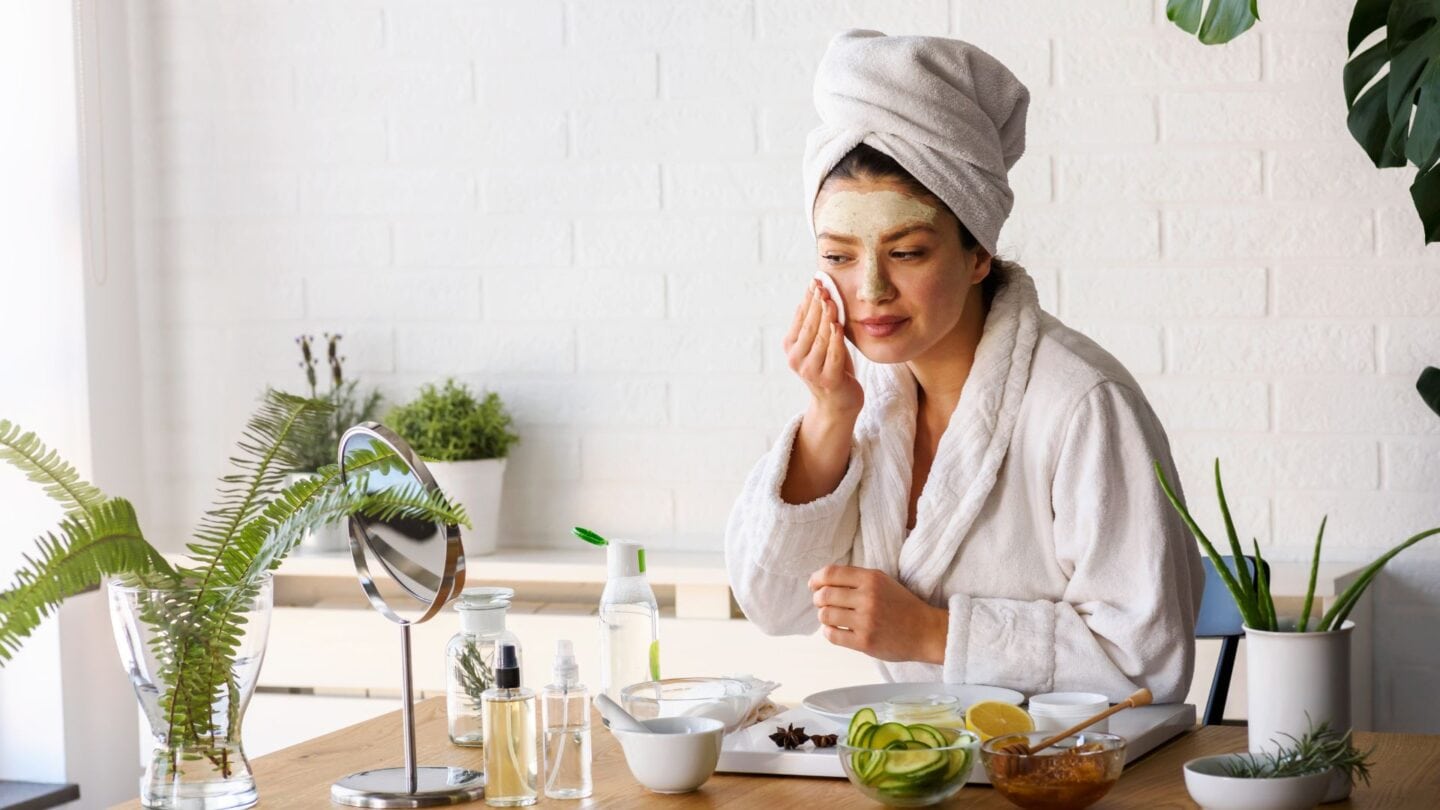
Photo Credit: Canva Pro
A consistent skincare routine tailored to your skin type is essential for maintaining healthy, youthful skin. Cleansing removes dirt, oil, and impurities, while exfoliating removes dead skin cells, allowing for better skincare product absorption. Toning helps balance the skin’s pH levels while moisturizing hydrates and nourishes the skin, keeping it soft and supple.
Retinoids
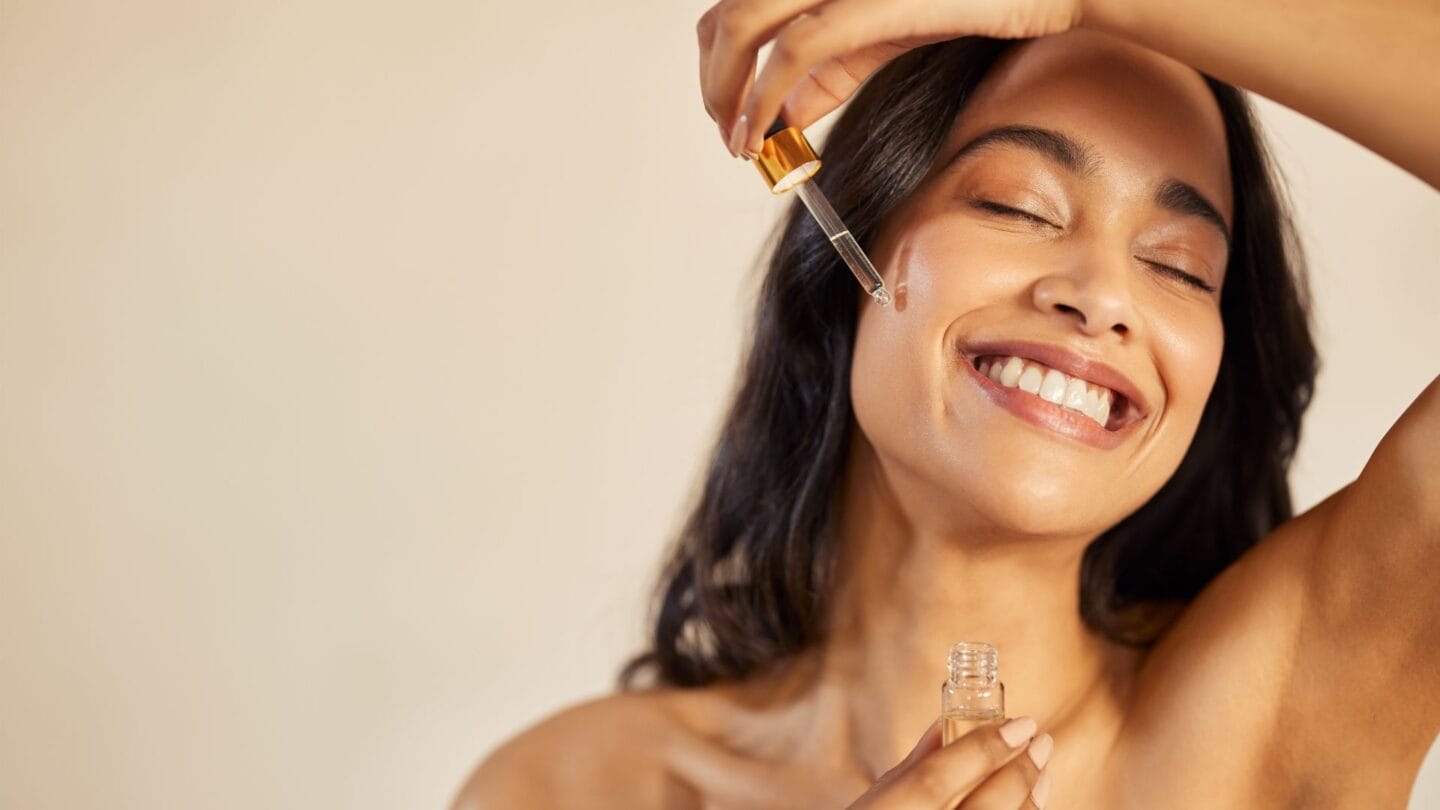
Photo Credit: Canva Pro
Retinoids are derivatives of vitamin A that stimulate collagen production, promote cell turnover, and improve skin texture and tone. Over time, retinoids can reduce the appearance of wrinkles, age spots, and fine lines, resulting in smoother, younger-looking skin. They are available over the counter in lower concentrations (retinol) or by prescription in higher strengths (tretinoin).
Vitamin C
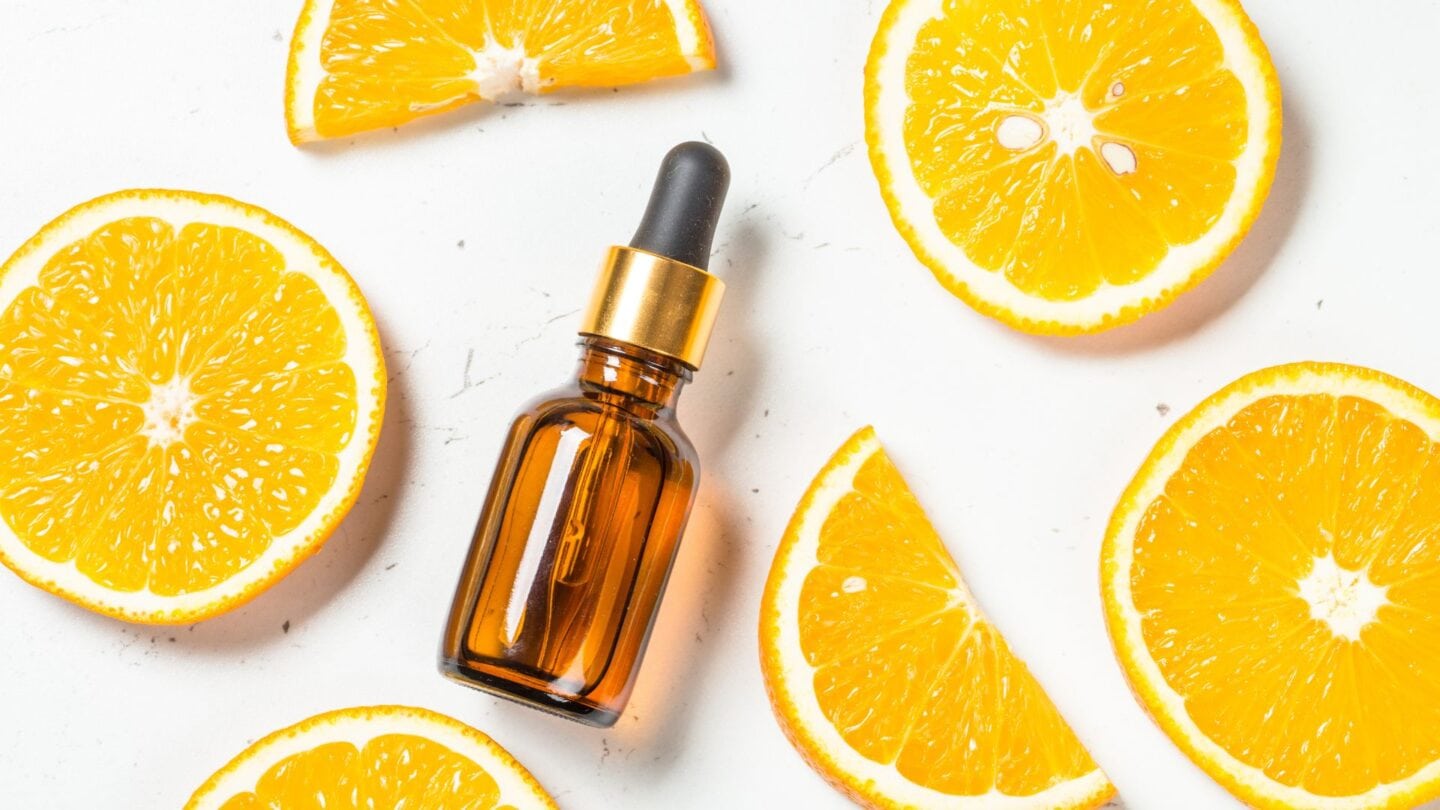
Photo Credit: Canva Pro
Vitamin C in your diet is another critical anti-aging factor to consider. It also helps brighten the complexion, fade dark spots and hyperpigmentation, and promote collagen synthesis, resulting in firmer, more radiant skin. Incorporating a vitamin C serum or cream into your skincare routine can help protect and rejuvenate the skin.
Regular Dermatologist Visits
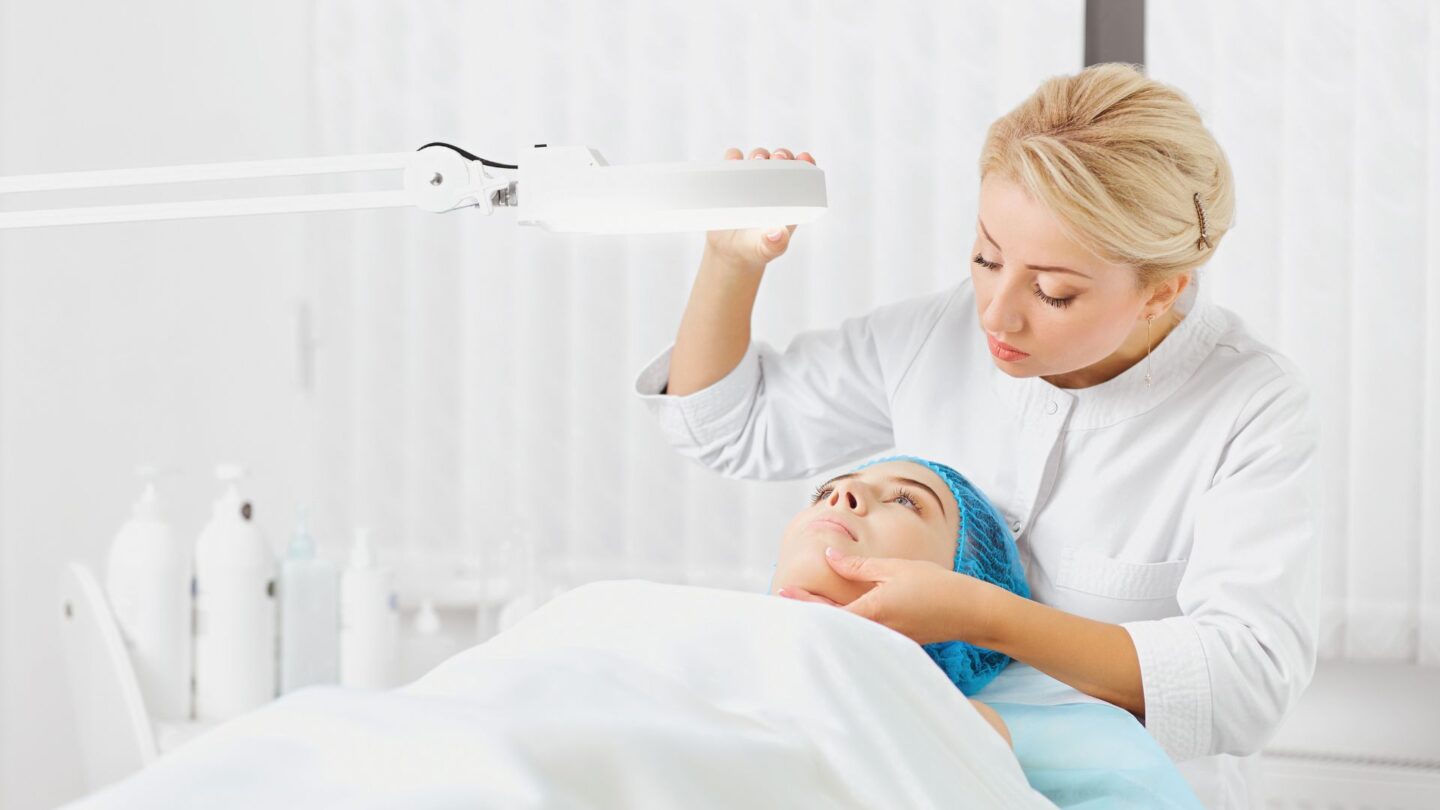
Photo Credit: Canva Pro
Regular checkups and visits to a dermatologist are vital for maintaining skin health and addressing specific concerns. Professional treatments like chemical peels, microdermabrasion, and laser therapy can help rejuvenate the skin and improve its texture, tone, and elasticity. Additionally, dermatologists can perform skin checks to monitor for other skin conditions or signs of skin cancer.
More for You

Photo Credit: www.rbitaliablog.com
Elevate your skin care routine by integrating sun protection alongside other anti-aging techniques. This will ensure a radiant complexion for years to come.
This post was originally published on RB ITALIA Blog.
